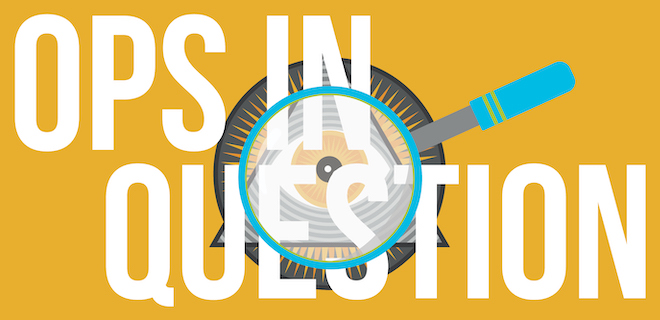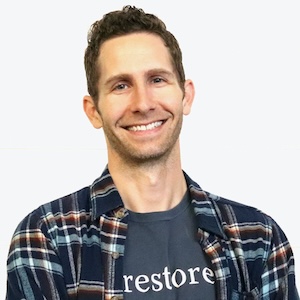
As generative AI platforms such as ChatGPT, Perplexity and Google’s AI Overviews take over the customer journey—from question to answer to purchase—publishers are seeing a sharp decline in traffic and ad revenue.
For niche sites, which often rely on evergreen content and specialized expertise, the impact of zero-clicks is especially severe. If creators can’t monetize their work, they’ll stop producing it, and the internet will stop growing in meaningful ways.
To protect the future of human-made content, ad tech and AI providers need to step up with solutions that reward the sources fueling these new engines.
One such publisher is Scott Sidler, founder of Austin Historical, a site dedicated to restoring old homes. Like many niche creators, he’s built a loyal audience around deep, evergreen content.
But as AI-generated answers replace traditional search results, that audience is shrinking fast, and so is his revenue. In this interview, Sidler explains what’s at stake for independent publishers and why the future of the open web depends on supporting the people who still make it.
AdMonsters: You run a niche site focused on restoring old homes. How has AI affected your business? 
Scott Sidler: It’s been dramatic. I started publishing content in 2011, and, for years, good content led to good revenue. I’d rank in search, people would click, and with ad partners like Mediavine or Raptive, I was earning $7,000 to $10,000 a month from display ads. But by early 2025, that dropped to around $1,500. Traffic’s down to a fifth of what it was. AI is a big reason why.
AdMonsters: What changed, exactly?
SS: Users aren’t going to Google the same way. They’re asking ChatGPT or Perplexity directly. These tools scrape the internet and summarize the answer. If you’re in my shoes, a publisher, you end up losing the visitor. The AI gives them what they want, and they never visit your site. That means no eyeballs, no ad revenue and, frankly, no motivation to keep producing content.
AdMonsters: That sounds like an existential threat for publishers.
SS: It is. Especially for those of us in the DIY or home improvement space. We’ve got evergreen content that still gets searched, but AI has intercepted the journey. And it’s not just me. I’ve talked to others who are down 80% or more in traffic. It’s a massive shift.
AdMonsters: How does that affect your motivation to create new content?
SS: Honestly, it’s tough. We used to create content because there was a clear return on that investment. But now, the incentive is disappearing. If publishers like me can’t monetize what we create, we’ll stop creating. And if that happens across the board, AI won’t have new content to pull from. Eventually, there just won’t be that kind of content on the internet anymore.
AdMonsters: What would you like to see change?
SS: I’d love to see a fairer system where publishers are compensated when AI tools use our work. Maybe it’s a licensing model or pay-per-query system. If our content helps answer a question, there should be some revenue coming back to us. Without that, the whole ecosystem is at risk.
AdMonsters: Any closing thoughts?
SS: We’re at a turning point. AI search tools are reshaping how people find and consume information, but they still rely on human-created content. If we want that content to keep flowing, we need to figure out how to sustain the people behind it. Otherwise, we’ll all be stuck recycling the same old answers.